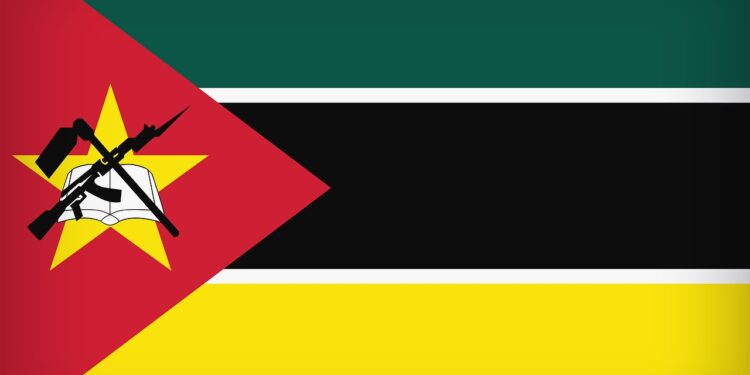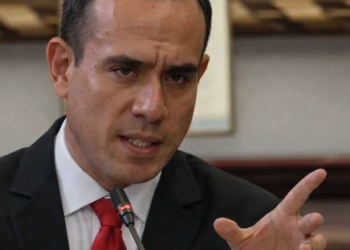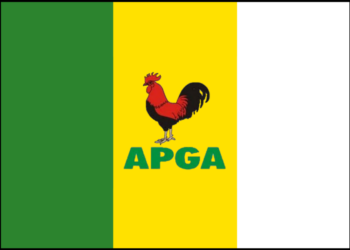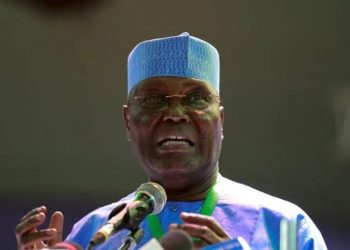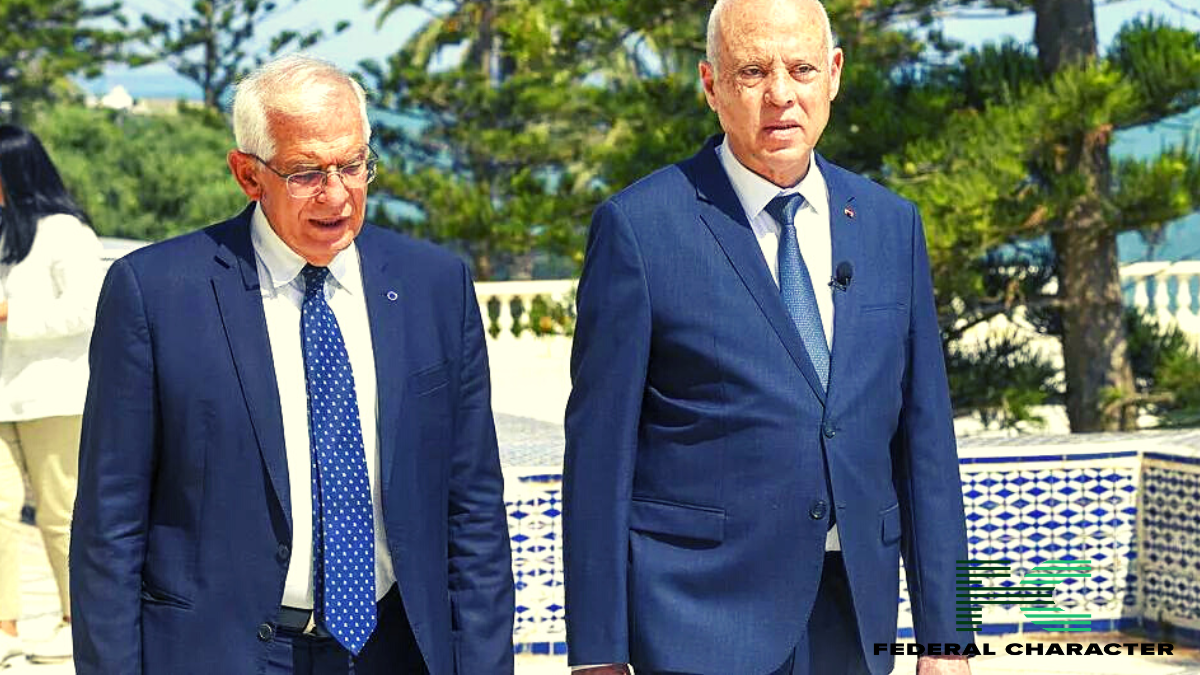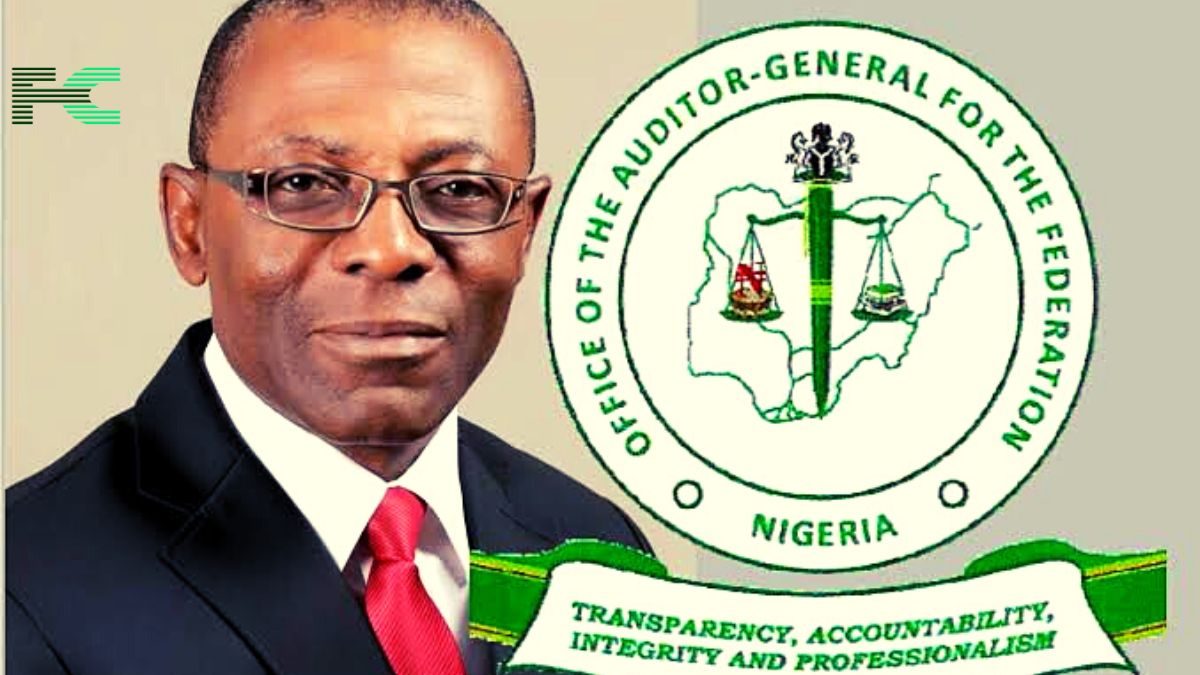Vote counting has begun in Mozambique, and once again, all eyes are on the ruling Frelimo party, which has been in power since 1975. Despite persistent accusations of election rigging, which Frelimo flatly denies, the party is expected to secure another win, with lawyer Daniel Chapo, 47, being the frontrunner to replace outgoing President Filipe Nyusi, who is stepping down after completing his two terms in office.
Observers have kept a close watch on the process, and while election day itself passed peacefully, the real challenge will be in the counting, where disputes often arise. Joseph Hanlon, an adviser to one of the country’s leading election monitoring groups, Mais Integridade, noted that polling usually goes smoothly, but counting the votes is where things often get “complicated.”
At one polling station in Maputo, election observers watched as officials unsealed plastic ballot boxes and started counting, chalking up the results on a blackboard. Chapo, Frelimo’s candidate, is considered a “safe choice” for business and represents a fresh face for the party, while his main challenger, Venancio Mondlane, an independent candidate popular with the youth, has voiced concerns about election fraud.

Mondlane expressed hope that this time would be different from past elections, stating, “I deeply believe that this time will not be like other times,” after casting his vote in a middle-class neighborhood in Maputo. His optimism, however, may not be shared by all. Voter Keila Sitoe, a 28-year-old, admitted she was doubtful about any significant change, saying, “We don’t feel the energy. We are young, and things are difficult.”
Renamo, the official opposition led by former rebel commander Ossufo Momade, typically comes a distant second in elections, and this year seems no different. Yet, with the country facing severe poverty, underdevelopment, and an ongoing Islamist insurgency in the northern region of Cabo Delgado, many voters have their eyes on bigger issues.
Seventy-two-year-old Rosa Tembe summed up the sentiments of many when she said, “We will ask the person who wins to end the conflict in Cabo Delgado because our grandsons are dying … and we don’t want this to happen anymore.” The insurgency has displaced thousands and stalled billion-dollar gas projects in the region, amplifying the pressure on whoever emerges as the next leader.
As the counting continues, the possibility of protests looms, especially if there are any contested results. Last year’s municipal elections saw unrest after Frelimo’s victory, and there’s potential for a repeat if things don’t go smoothly this time. Despite the calm on election day, Mozambique’s political landscape remains uncertain as the people await the final verdict.

